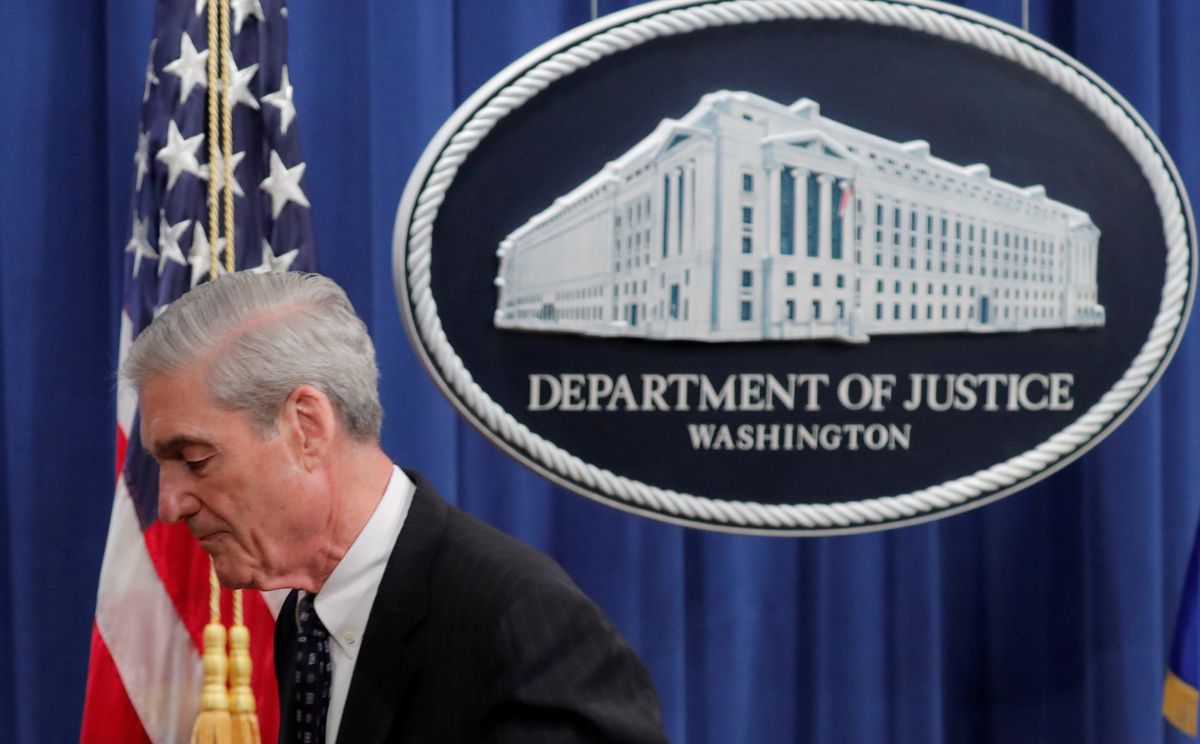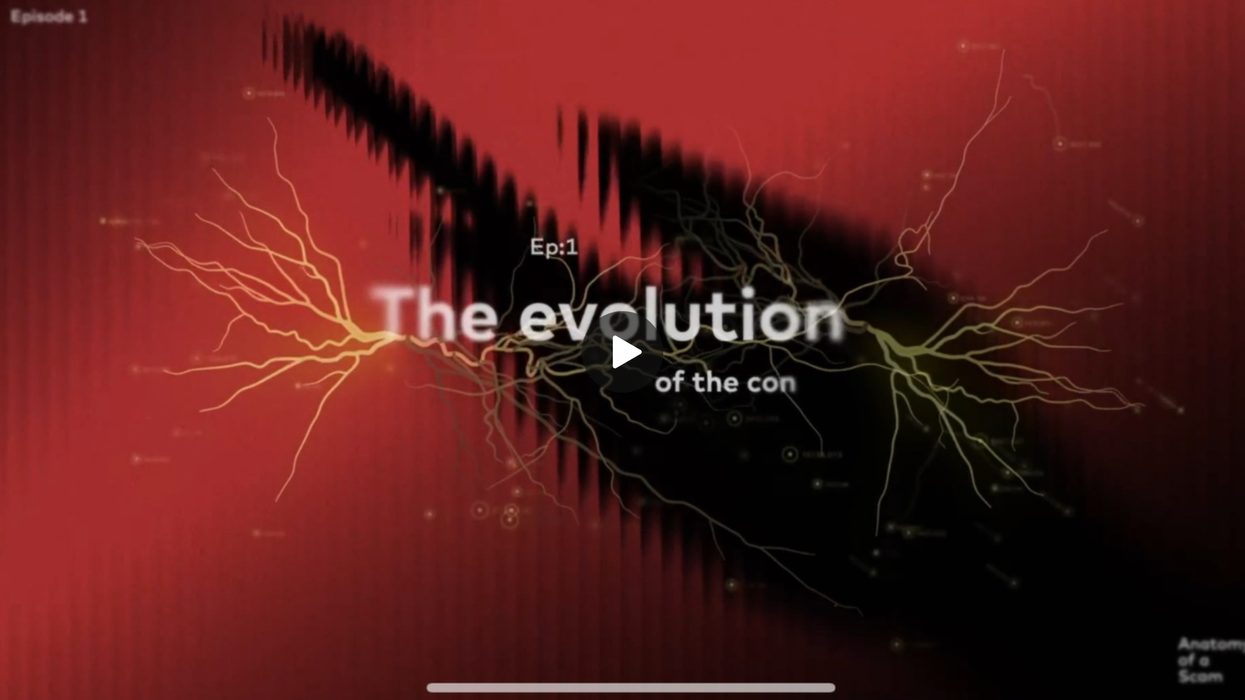Robert Mueller would rather not be appearing on Capitol Hill today. But Democrats want to hear from the former special counsel, who stated at a press conference in May that he'd prefer let his 448-page report on Russian interference in the 2016 election speak for itself. So the former FBI director will appear before the House Judiciary and Intelligence committees to answer lawmakers' questions about the Russia affair, and his investigation into whether President Donald Trump obstructed justice in relation to the probe.
It's a risky gambit for the Democrats who, as the 2020 election approaches, are suffering an internal schism between progressives who want to rally the base and moderates who prefer to seek the support of swing voters. For Nancy Pelosi and other senior Democrats, the public response to today's hearings will be an important barometer of how hard to push impeachment – or the Russia affair more broadly – as a campaign issue in the run-up to next November.
On the one hand, they may get Mueller to say, or restate in a TV-friendly way, something politically damaging about the Trump campaign's interactions with Russians who were tied to Moscow's (well-documented) efforts to mess with the election, or about the president's actions related to the subsequent investigation.
But if Democrats come across as frustrated by Mueller, who is unlikely to go along with attempts to bait him into denouncing Trump, their gambit could backfire. They'll just look desperate.
The fact is that most Americans already know how they feel about Trump and the lines are bitterly partisan. A recent Reuters Ipsos poll found that just 18 percent of Republican respondents planned to tune in to today's hearings. Many other voters will encounter them only through soundbites and memes filtered by partisan news outlets or social media. It's not an environment that's conducive to debating the finer legal points of what constitutes an obstruction of justice by a sitting president.
We'll have a better sense of whether today's political theater moved the needle either way when the first post-hearing polls are published.


















